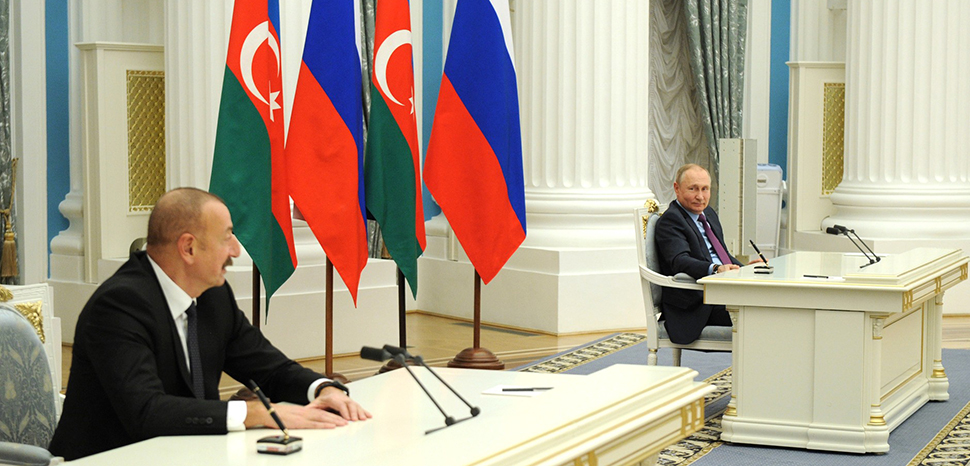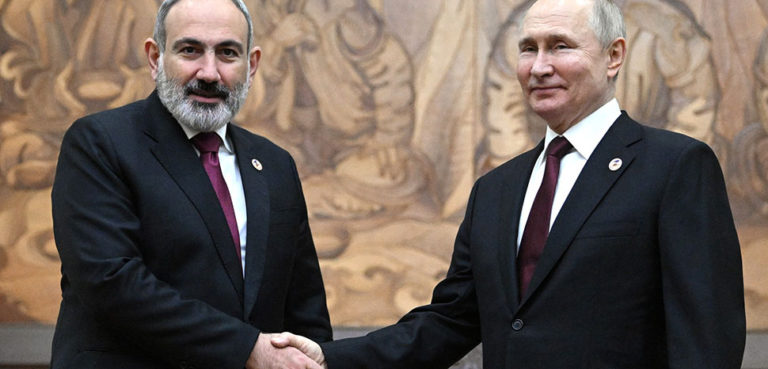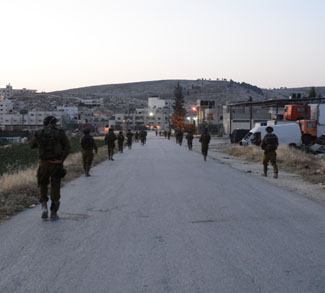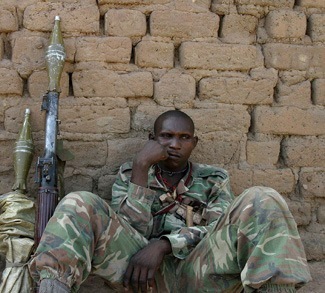With the surrender of the authorities of the breakaway Republic of Nagorno-Karabakh, the decades-old question surrounding the future of the mountainous ethnic-Armenian exclave in the south Caucasus appears resolved.
A sustained campaign of pressure (amounting to an effective economic strangehold on the region by Azeri authorities), culminating with a short and pointed military attack – has broken the lingering Armenian resistance. The region will now be under the full administrative control of Baku, and the inglorious final chapter of 30 years of contestation has begun.
There shall be only one postscript: the total exodus of the native Armenian population from a land they have inhabited for centuries.
Europe’s disinterest, Russia’s inactivity, Azerbaijan’s opportunity
Despite ominous signs, the European community failed to take any significant action to prevent the inevitable ethnic cleansing that would – and now will – follow the collapse of the breakaway government in Stepanakert (the region’s capital).
Notable absence of media spotlight dogged the prospects of any peaceful solution to the conflict, by effectively permitting the nine months of brutal economic siege carried out by Azerbaijan President Ilham Aliyev from December 2022. The BBC, notably, has devoted article after article to the fall of the region and the streams of Armenians fleeing their homes since the government’s collapse. But the same BBC failed to devote a single article to the conflict between early January (a few weeks after the notorious blockade began) and 30 August – only shortly before the full-scale Azerbaijani attack in September. Silent voices in Europe – combined with the passivity of Russia’s peacekeeping force in the Lachin corridor – emboldened Azerbaijan to begin its offensive.
24 hours, several hundred deaths, and the fracturing of the final defense of the beleaguered region.
Into the arms of despots
The war fever carefully cultivated over many years by controlled state media in Azerbaijan has sculpted a bloodlust that will make every Armenian from Nagorno-Karabakh greatly unsafe. There are countless indicators which attest to this.
Erasure of Armenian monuments has become routine in Azerbaijan. In the early 2000s, Azerbaijani authorities methodically razed thousands of Armenian gravestones (khachkars) in its exclave of Nakhichevan. Former Armenian churches have mostly either disappeared or become repurposed, with the exception of the Saint Gregory the Illuminator Church in Baku – ostentatiously preserved by Azerbaijan to support a myth of cultural preservation. Churches captured in the 2020 conflict have not been spared similar fate – some erased, others soon to be converted into mosques (according to Armenian sources). But aside from the state-led measures against Armenian heritage, the personal security threat by the Azeri public (subject to years of indoctrination) would be severe.
In 2004, Azerbaijani soldier Ramil Safarov hacked to death a sleeping Armenian attendee at a NATO training in Budapest with a supermarket-bought hatchet. Released to Azerbaijan in 2012, Safarov was disturbingly welcomed as a hero by adulating crowds – a testament to the indifference of the public to barbarism, if perpetrated against Armenians. In the wake of the Karabakh Armenians’ surrender, social media comments demanding obscene violence against Armenians have been recorded – with some Azerbaijani users going so far as to identify female ethnic-Armenian targets for sexual violence on social media.
The threat to the Armenians as the breakaway state crumbles is very credible – and must not be underestimated nor ignored.
…and the EU stood by and watched
Azerbaijan’s actions in Nagorno-Karabakh are its ‘Russia’ moment. Carefully and calculatedly, the gradual erosion of the breakaway state’s resolve and defenses recalled distinctly the Russian action over eight years against Ukraine – culminating inevitably with direct military attack and mass flight of the local population in areas targeted.
‘But is not like Russia – Nagorno-Karabakh is internationally-recognized as part of Azerbaijan.’
The comparison here relates not to the territorial belonging of Nagorno-Karabakh, but much rather to the sheer disregard for – and war fever towards – the inhabitants of the territory being fought for. Months – years – of inactivity left the Armenians exposed to the threats of their bellicose neighbor (something exacerbated by Armenia’s own hapless reliance on Russia itself).
The EU must act in such a way as to contain the war-fighting ability of the Aliyev regime, whose pronouncements have made irredentist claims not only to Nagorno-Karabakh but to Armenia proper, and whose troops occupy swathes of land in sovereign Armenia. With Armenia abandoned by its erstwhile ally Russia (always a poor choice of ally, and especially in the wake of Russia’s war in Ukraine), the EU must step up, and make good on its duty to act against human rights abusers and perpetrators of ethnic cleansing – even at the risk of upsetting its energy arrangements with those same countries: in this case, Azerbaijan.
To support Armenia is not to discredit historical Azeri grievances, and it is not to necessarily act against the interests of the Azerbaijani people, long-subject to governance by a regime with a woeful human rights record (ranked ‘not free’ by Freedom House, with a weighted score of 9/100). It is, instead, to act against the marauding interests of an autocratic regime (Azerbaijan’s Aliyev) that lay waste to any possibility of peace in the region on Europe’s doorstep.
Ilham Aliyev’s bloodthirst cannot go unpunished. The EU must sanction Azerbaijan thoroughly and immediately. Even if the time for the EU to act has already passed for the indigenous Armenians of Nagorno-Karabakh.
The views expressed in this article belong to the authors alone and do not necessarily reflect those of Geopoliticalmonitor.com.




